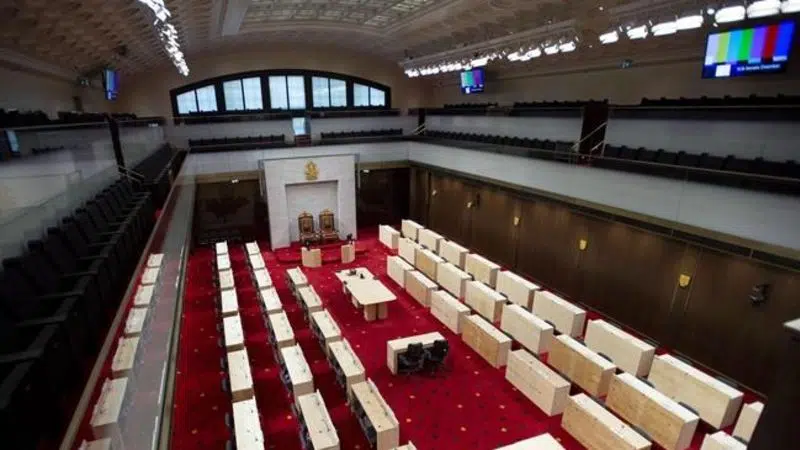
After harsh Twitter exchanges, Senate looks at new social media policy
OTTAWA — An Independent senator’s mission to curb online nastiness among his colleagues is causing a divide over senators’ behaviour, free speech and ongoing political shifts in the upper chamber.
Tony Dean said recent exchanges on Twitter involving senators and their staff have included “aggressive, harassing and, in some cases, bullying” behaviour, which has become worse as the federal election approaches.
Dean, a former head of the Ontario civil service, raised the issue during a Senate committee meeting last week. And in a subsequent interview, he said the intensity of harshly partisan comments increased markedly over the past few months.
While free speech, the ability to communicate political messages, and the protections of parliamentary privilege are important to maintain, he said there should be reasonable limits on hurtful speech and conduct unbecoming a senator or the Senate as an institution.
